Top 5 In-Demand Tech Skills for 2024: A Guide for Career Advancement
In this article, we'll explore in-demand tech skills and how they can propel your career forward, helping you stay relevant and get hired in the competitive job market.
Join the DZone community and get the full member experience.
Join For FreeIn today's rapidly evolving and highly competitive tech landscape, staying ahead of the curve is essential for career growth and success. As we look ahead to 2024, certain tech skills are poised to be in high demand, driving innovation and shaping the future of various industries.
In this article, we'll explore the top 5 in-demand tech skills for 2024 and how they can propel your career forward, helping you stay relevant and get hired in the competitive job market.
Artificial Intelligence and Machine Learning (AI/ML)
Artificial intelligence (AI) and machine learning (ML) are revolutionizing industries ranging from healthcare to finance. Understanding key concepts like supervised learning, unsupervised learning, and reinforcement learning is crucial for harnessing the power of AI/ML.
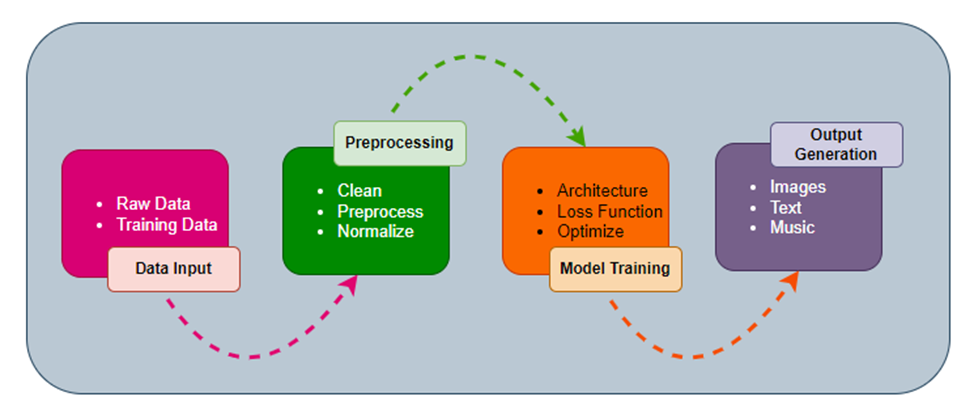
Moreover, proficiency in popular frameworks and libraries such as TensorFlow, PyTorch, and scikit-learn is highly sought after. Continuous learning in this dynamic field is essential to stay relevant and competitive.
Check the learning resources at the end of this article to stay updated in the tech world.
AI/ML skills are in high demand, with companies across industries looking for professionals who can develop innovative AI solutions to solve complex problems.
Focus on Generative AI Solutions
With the advancement of generative AI solutions, software engineers should focus on understanding and leveraging these technologies to drive innovation. This includes gaining familiarity with concepts like neural networks, deep learning, and generative adversarial networks (GANs). Hands-on experience with generative AI tools and frameworks such as TensorFlow, PyTorch, and OpenAI's GPT models is essential for developing practical skills in this area. Additionally, software engineers should explore specialization in specific applications of generative AI, such as natural language processing (NLP), computer vision, or creative content generation, to capitalize on emerging opportunities in the field.
Cybersecurity
With the increasing frequency and sophistication of cyber threats, cybersecurity has never been more important.
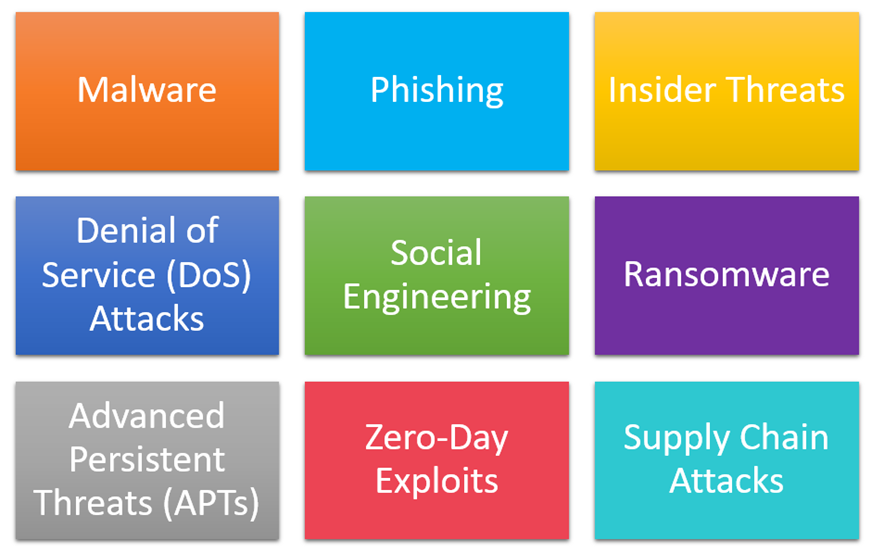
Cybersecurity professionals play a vital role in protecting organizations from data breaches and ensuring the integrity of sensitive information. Roles such as cybersecurity analyst, penetration tester, and security architect are in high demand. Keeping abreast of the latest cybersecurity trends, including zero trust security and threat intelligence, is essential for safeguarding digital assets. Cybersecurity skills are highly valued by employers, and professionals with expertise in this area are in high demand as organizations prioritize security measures to protect their data and infrastructure.
Cloud Computing
Cloud computing continues to revolutionize the way organizations manage their IT infrastructures. Cloud platforms like AWS, Azure, and GCP offer scalability, flexibility, and cost-efficiency.
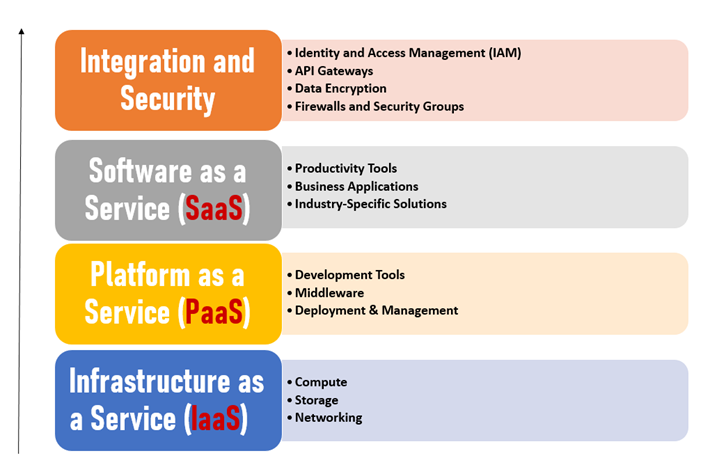
Proficiency in cloud services and architectures is essential for building and maintaining modern cloud environments. Cloud certifications validate your skills and demonstrate your expertise to potential employers, making them a valuable asset in today's job market. Cloud computing skills are in high demand as companies migrate their operations to the cloud and seek professionals who can design, implement, and manage cloud-based solutions effectively.
Several topics like this are discussed on my YouTube channel. Please visit. Appreciate your support.
Data Science and Big Data Analytics
Data has become the lifeblood of modern businesses, driving decision-making and innovation. Data science and big data analytics skills are in high demand across industries. From customer segmentation to predictive maintenance, the applications of data analytics are vast and varied.
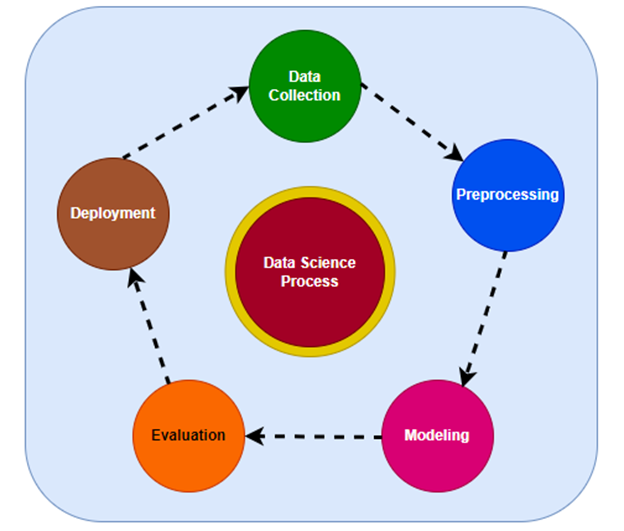
Tools like Tableau and Power BI are invaluable for visualizing data and communicating insights effectively. Developing expertise in data analysis and visualization is key to unlocking the full potential of data-driven decision-making. Data science and analytics skills are in high demand as companies seek professionals who can derive actionable insights from large and complex datasets to drive business growth and innovation.
DevOps and Automation
DevOps practices enable organizations to deliver software faster and more reliably through collaboration and automation. DevOps professionals play a crucial role in building and maintaining scalable and resilient systems.

Tools like Jenkins, Ansible, Docker, and Kubernetes are widely used for automating software development and deployment processes. Embracing a culture of continuous improvement and cross-functional collaboration is essential for success in the world of DevOps. DevOps and automation skills are in high demand as companies adopt agile methodologies and seek professionals who can streamline software development processes and improve operational efficiency.
In conclusion, acquiring and developing skills in the top 5 in-demand tech areas for 2024 is essential for career advancement and staying competitive in today's job market.
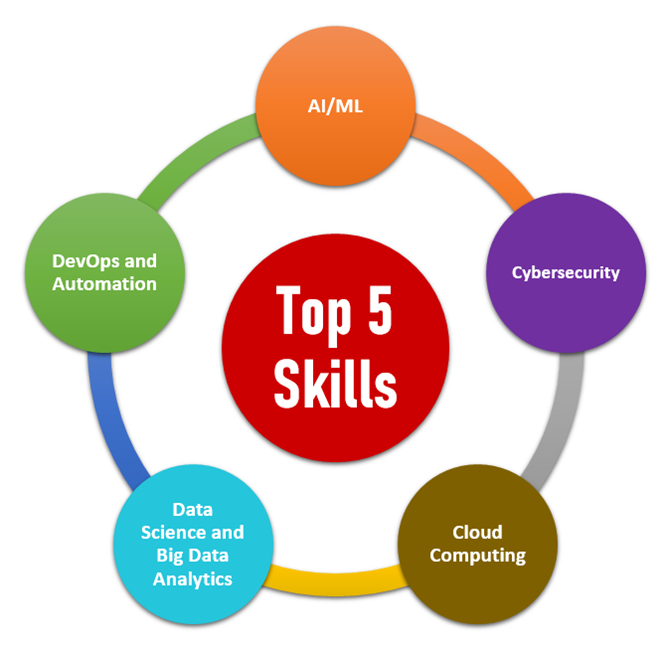
Whether you're a seasoned professional or just starting your tech journey, investing in these skills will position you for success in the years to come. Keep learning, stay curious, and embrace the opportunities that technology has to offer.
Must Reads for Continuous Learning
- System Design
- Head First Design Patterns
- Clean Code: A Handbook of Agile Software Craftsmanship
- Java Concurrency in Practice
- Java Performance: The Definitive Guide
- Designing Data-Intensive Applications
- Designing Distributed Systems
- Clean Architecture
- Kafka — The Definitive Guide
- Becoming An Effective Software Engineering Manager
Published at DZone with permission of Roopa Kushtagi. See the original article here.
Opinions expressed by DZone contributors are their own.

Comments